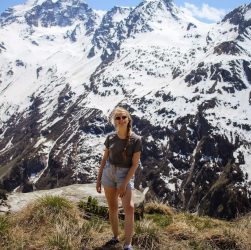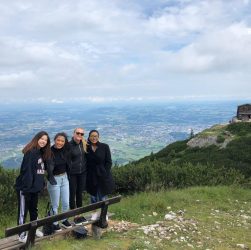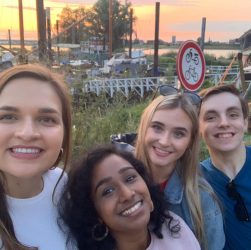Pre-Departure: Pre-departure is a blur of paperwork and ceaseless emails. I thankfully already had a European passport, so I didn’t …


Pre-Departure: Pre-departure is a blur of paperwork and ceaseless emails. I thankfully already had a European passport, so I didn’t …

Pre-Departure: Upon my nomination of the program, I was able to get direct correspondence with the host University – whom …

Pre-departure: Pre-departure is an exciting time and luckily for me it was a very simple process. If you are in …